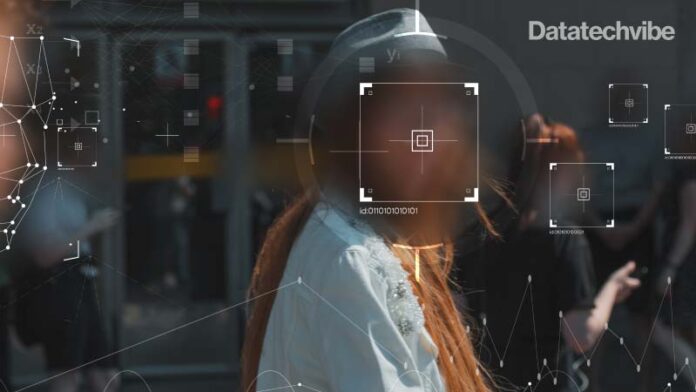New customers will now need to apply for access to use facial recognition operations in Azure Face API, Computer Vision, and Video Indexer
Microsoft recently announced phasing out public access to AI-powered Facial Analysis features in several Azure services. The decision is part of a broader review of Microsoft’s AI ethics policies. The company’s updated Responsible AI Standards, first announced in 2019, emphasise accountability in determining who uses its services as well as increased human oversight over where these tools are used.
New customers will now need to apply for access to use facial recognition operations in Azure Face API, Computer Vision, and Video Indexer. Meanwhile, existing customers have one year to apply and receive approval for continued access to the facial recognition services based on their provided use cases.
Some facial detection capabilities such as detecting blur, exposure, glasses, head pose, landmarks, noise, occlusion, and facial bounding boxes will remain generally available and do not require an application. However, the company will retire Azure Face’s ability to identify attributes such as gender, age, smile, facial hair, hair, and makeup.
Furthermore, Microsoft will impose similar restrictions on its Custom Neural Voice feature, allowing customers to create AI voices from recordings of real people, also known as audio deepfake.
“This technology has exciting potential in education, accessibility, and entertainment, and yet it is also easy to imagine how it could be used to impersonate speakers and deceive listeners inappropriately,” said Natasha Crampton, Chief Responsible AI Officer, Microsoft.
Microsoft’s competitor AWS also has a set of AI-powered facial analytics features with its Rekognition service, which for instance, was heavily used by the US Internal Revenue Service (IRS) through the ID.me system yet dropped due to the technology’s accuracy and privacy concerns. It is unclear if AWS will follow Microsoft by limiting access to facial recognition operations.









